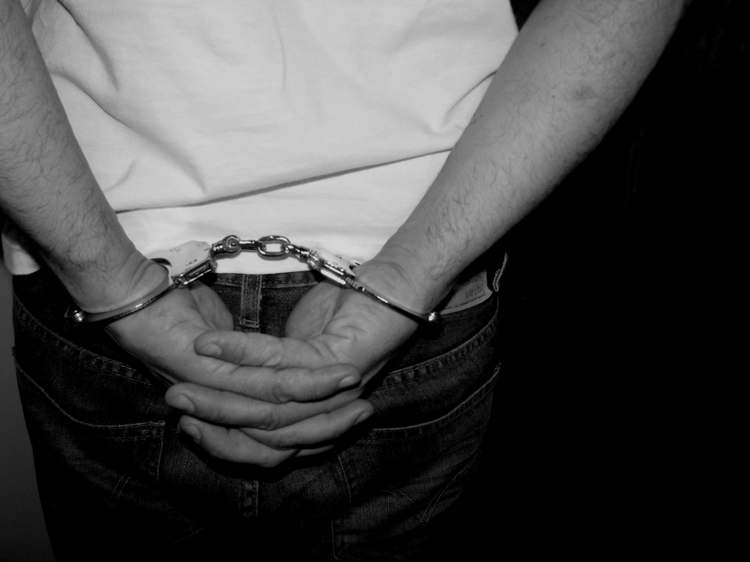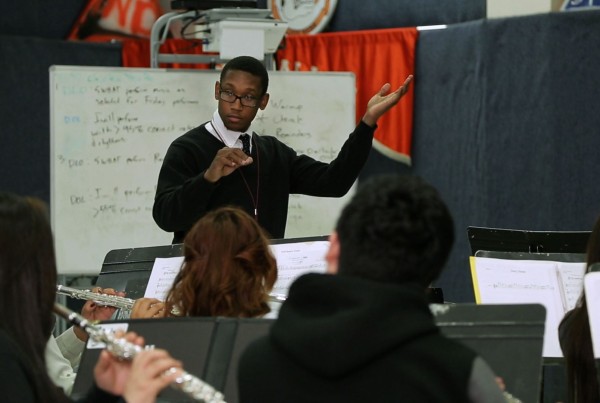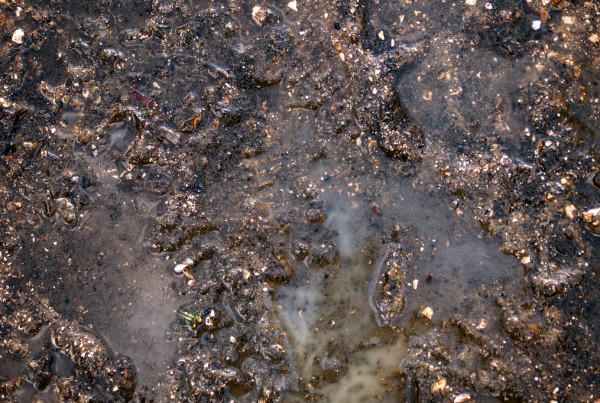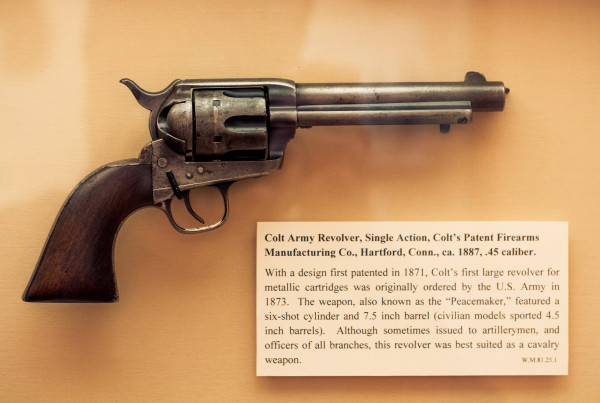ESPN’s Outside the Lines investigative unit examined 10 major football and basketball programs across the U.S. They found that the Aggies tied with Michigan State for a dubious distinction: the third highest percentage of athletes involved in criminal instances.
Since 2009, there have been almost 70 criminal incidents tied to Aggie players. That’s a whooping 15 percent of the football and basketball roster arrested. More than a dozen football players were arrested in 2014 alone. ESPN investigative reporter Paula Lavine explains to Texas Standard’s David Brown how she’s been connecting the dots between rosters and police reports.
“Overall we’re talking about the type of crimes you’d see any college student getting involved in: disorderly conduct, underage drinking, DUI, marijuana possession,” Lavine says. “I’d say the types of crimes they’re getting involved are pretty…similar to the types of crimes you would see other college students engaged in.”
Lavine says her investigative unit set out to determine where and how often athletes were given preferential treatment when it comes to crime. More often than not, Lavine says public comments note that athletes get cited and arrested for crimes they’re involved in, but there is rarely follow-up.
Getting the data for A&M athletes was not an easy task for Lavine and her team, she says. “The three police agencies we went to – Bryan, College Station and the Texas A&M police department – all as a routine of a public records request went to the Texas Attorney’s Office for direction,” Lavine says. “The Texas Attorney General’s Office directed them to not release records to us with only some exceptions.”
The Attorney General’s office said athletes’ criminal histories are off-limits. This left Lavine and her team with reporting holes for cases that were not prosecuted.
“Obliviously that defeats the purpose of trying to find out how often there’s a case involving a student athlete that wasn’t charged or there wasn’t an arrest made,” she says.
But is A&M part of a larger problem? Lavine says she’s not sure.
“I think there may be some communities where they think this is just kids being kids…and we shouldn’t ruin their lives by going after them,” she says. “You could argue one of the reasons we should address this is that this is actually providing a disservice to the athletes and they need to be told now, before they move onto their careers in a professional league.”














